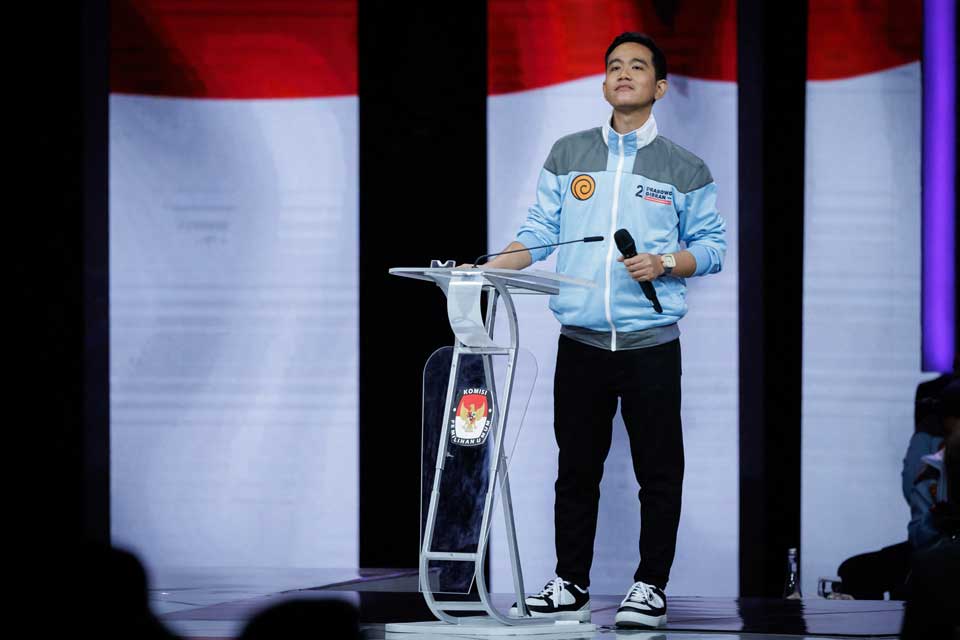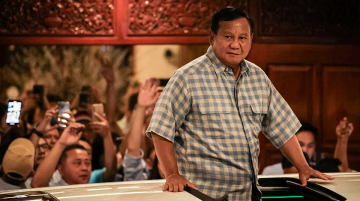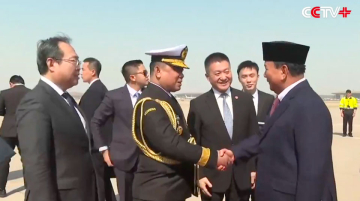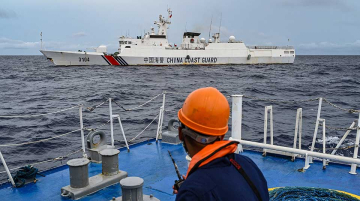In Indonesia’s second vice presidential debate, Gibran Rakabuming — the eldest son of President Joko “Jokowi” Widodo and running mate of Prabowo Subianto — tried to trap his rival Muhaimin Iskandar by asking the latter’s team’s campaign about lithium iron phosphate batteries (LFP), a nickel-free electric vehicle battery.
“Are you anti-nickel?” Gibran asked. “Indonesia has the largest nickel reserve in the world, but you are talking about LFP instead. That is the same as promoting Chinese products.”






